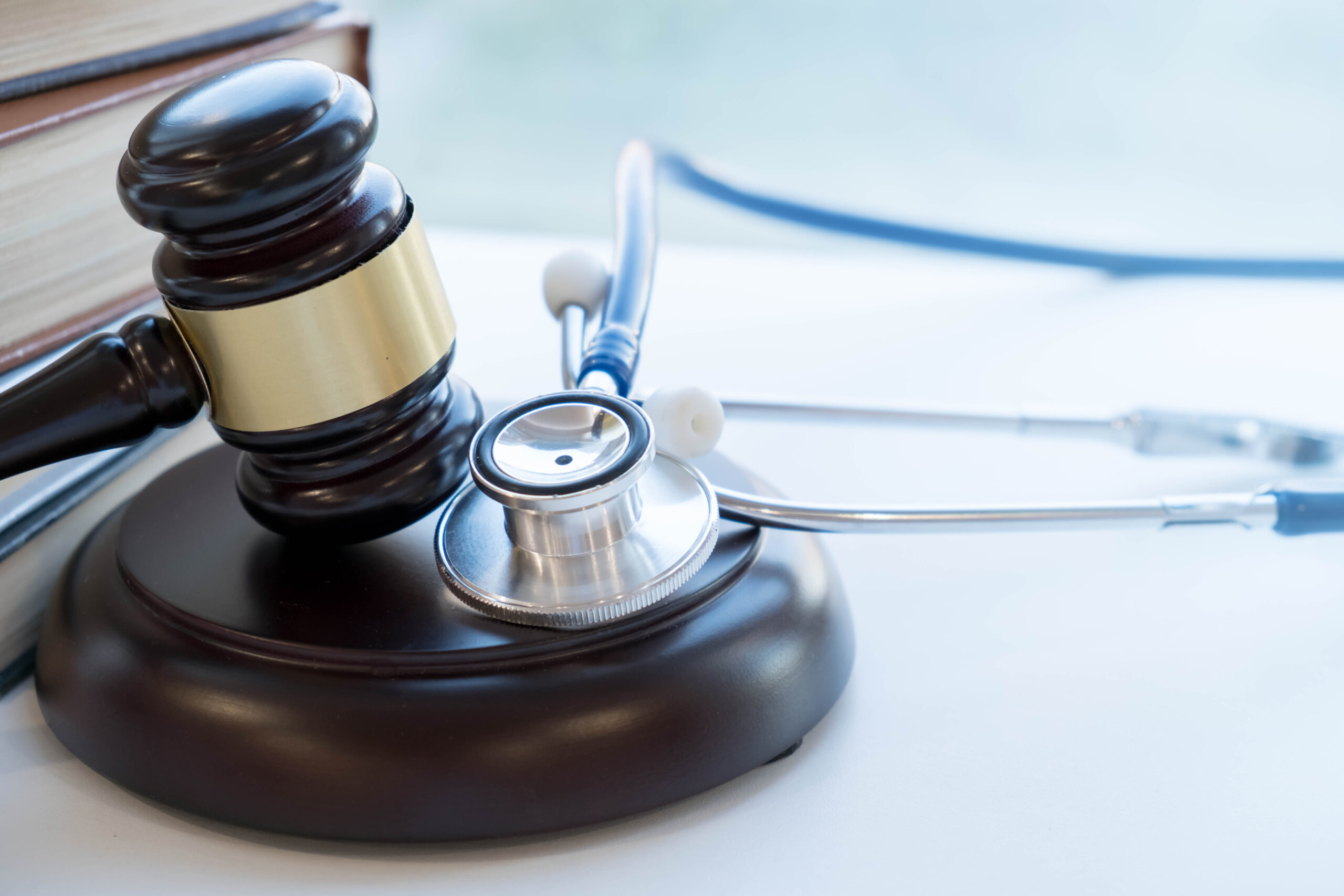Both medical negligence and medical malpractice can cause injuries and suffering for patients. Even though the terms are related, intent is the primary difference in whether a health care provider commits medical malpractice or is guilty of medical negligence. A New Jersey medical malpractice attorney can help you determine the type of case to file to recover compensation for the harm you suffered.
Defining Medical Malpractice and Medical Negligence in New Jersey
Malpractice occurs when a professional fails to perform their duty to a party. Medical malpractice is failing to meet the accepted standard of care for a specific set of circumstances. It can involve negligence, breach of ethical rules, intentional acts, and general misconduct by a health care provider.
Health care providers commit malpractice when they knowingly disregard medical standards of practice. In other words, they intend to deviate from what they know they should do. For example, a doctor knows they need to order diagnostic tests based on a patient’s symptoms. However, the patient does not have insurance to pay for the tests, so the doctor orders a cheaper set of tests. The doctor committed malpractice.
However, negligence is the failure to use reasonable care in a situation. The person does not have to intend to harm someone. Instead, by failing to use a level of care that a reasonable person would use in the same situation, they caused harm.
Medical negligence is a form of medical malpractice. A doctor can be negligent when they fail to act similarly to how other doctors would have acted in the same circumstances. For instance, your doctor leaves an implement inside you during surgery. He did not intend to leave the object inside you, but was distracted during surgery. His actions could be considered negligent.
Proving Medical Negligence and Medical Malpractice in New Jersey
Medical malpractice law requires you to prove each of the following elements to recover compensation for damages:
- The medical provider must owe you a duty of care because of a doctor-patient relationship
- The medical provider violated the duty of care
- The breach of duty was a direct and proximate cause of injury or harm
- You sustained damages because of the medical provider’s actions or inactions
Physicians, nurses, hospitals, urgent care facilities, labs, and other medical providers can be liable for medical malpractice and medical negligence. Victims can receive compensation for their loss of income, medical expenses, out-of-pocket expenses, and other economic damages. Additionally, victims can receive non-economic expenses to compensate them for impairments, disfigurement, diminished quality of life, pain, and suffering.
Medical malpractice and negligence claims are complex personal injury cases. It requires hiring medical experts to determine the acceptable standard of care that should have been used in your case. The medical experts also explain how a medical provider’s conduct deviated from the standard of care. Other aspects of the case can be challenging for a non-lawyer to handle. However, a medical malpractice lawyer will take care of all these matters for you to pursue compensation for your injuries.
Schedule a Free Consultation With Our New Jersey Personal Injury Attorney
Did a doctor or medical provider cause you injury? If so, we want to help you recover compensation for your damages. Contact our law office to schedule a free consultation with an experienced New Jersey personal injury attorney to discuss how we can help you.

